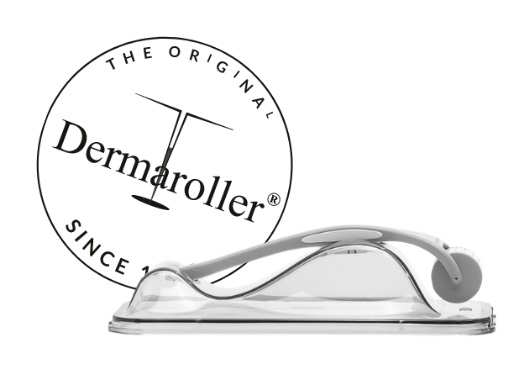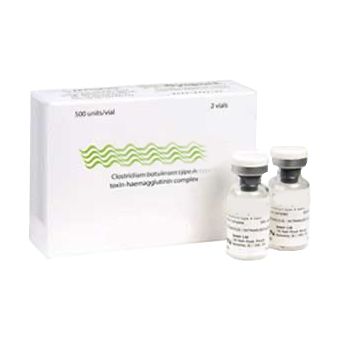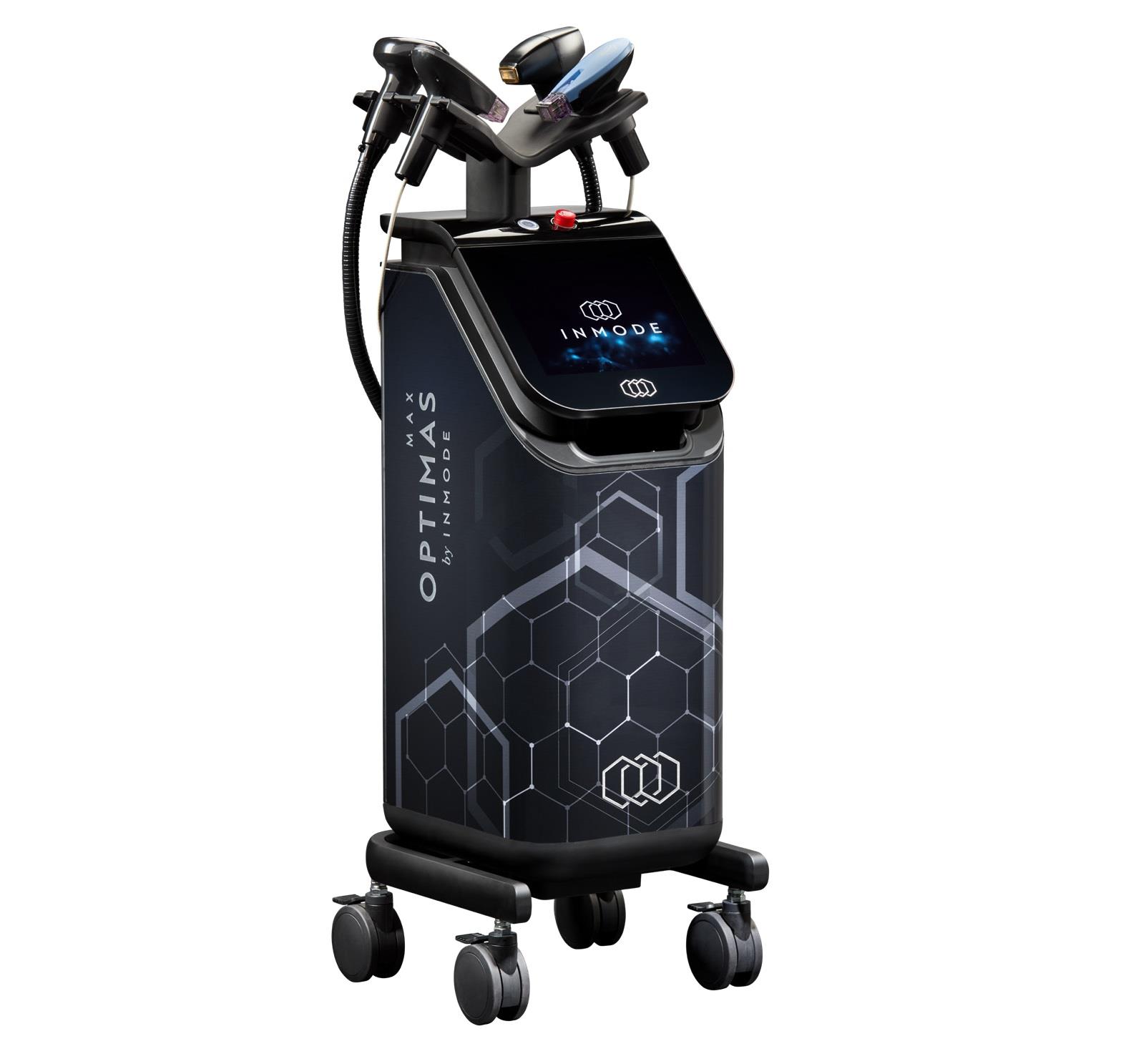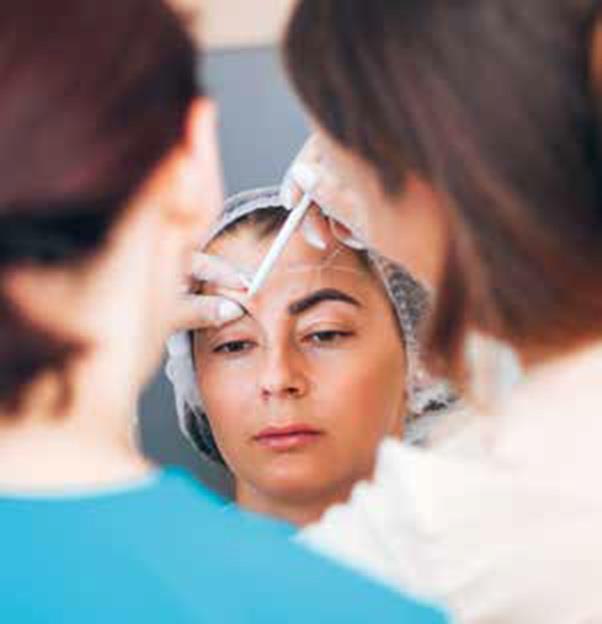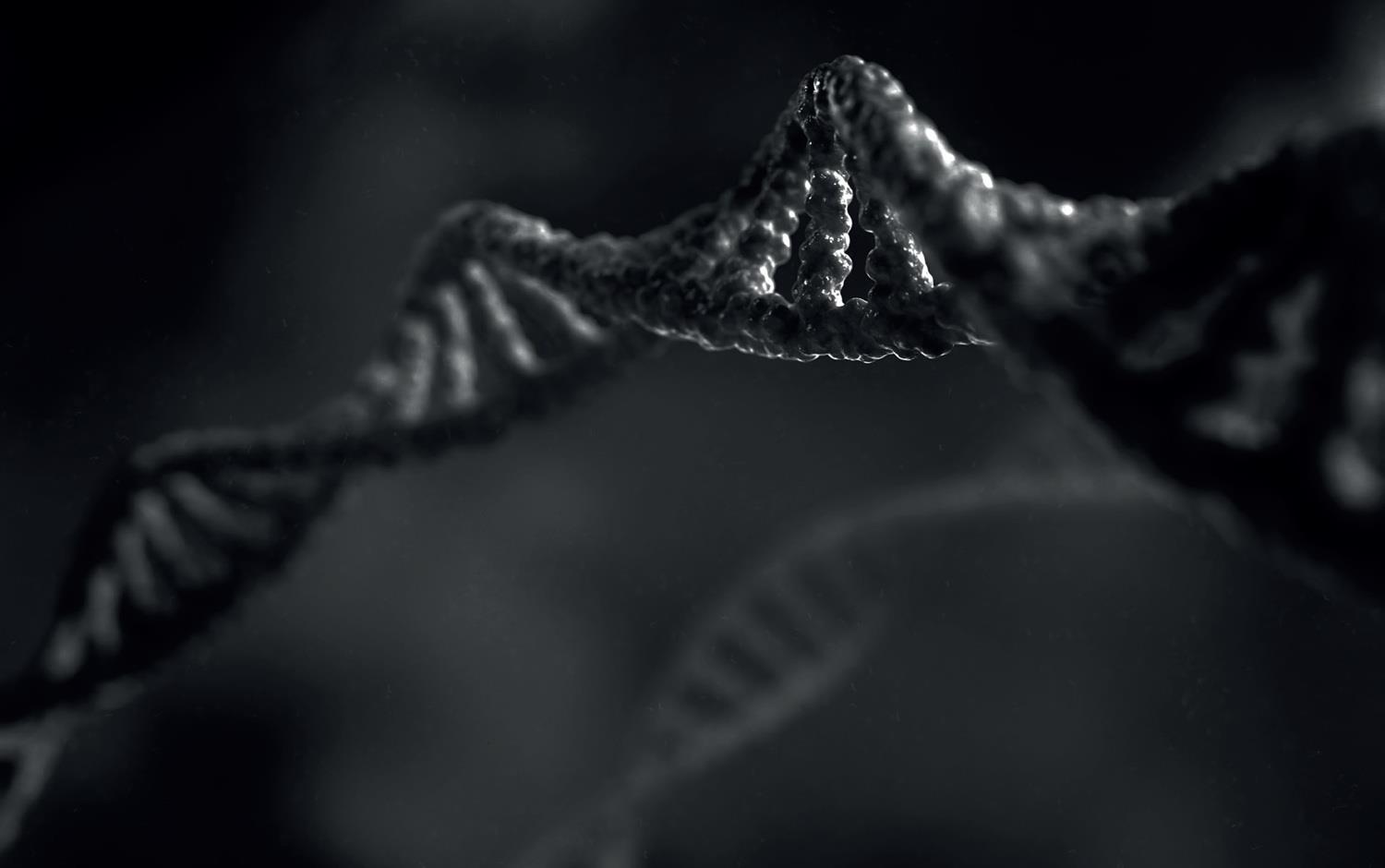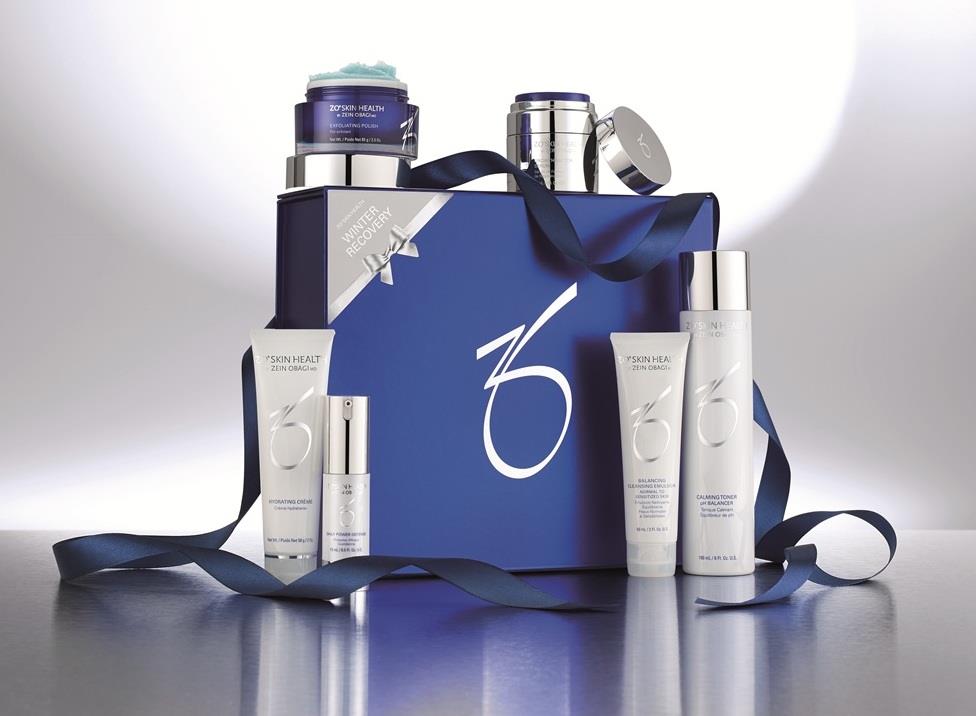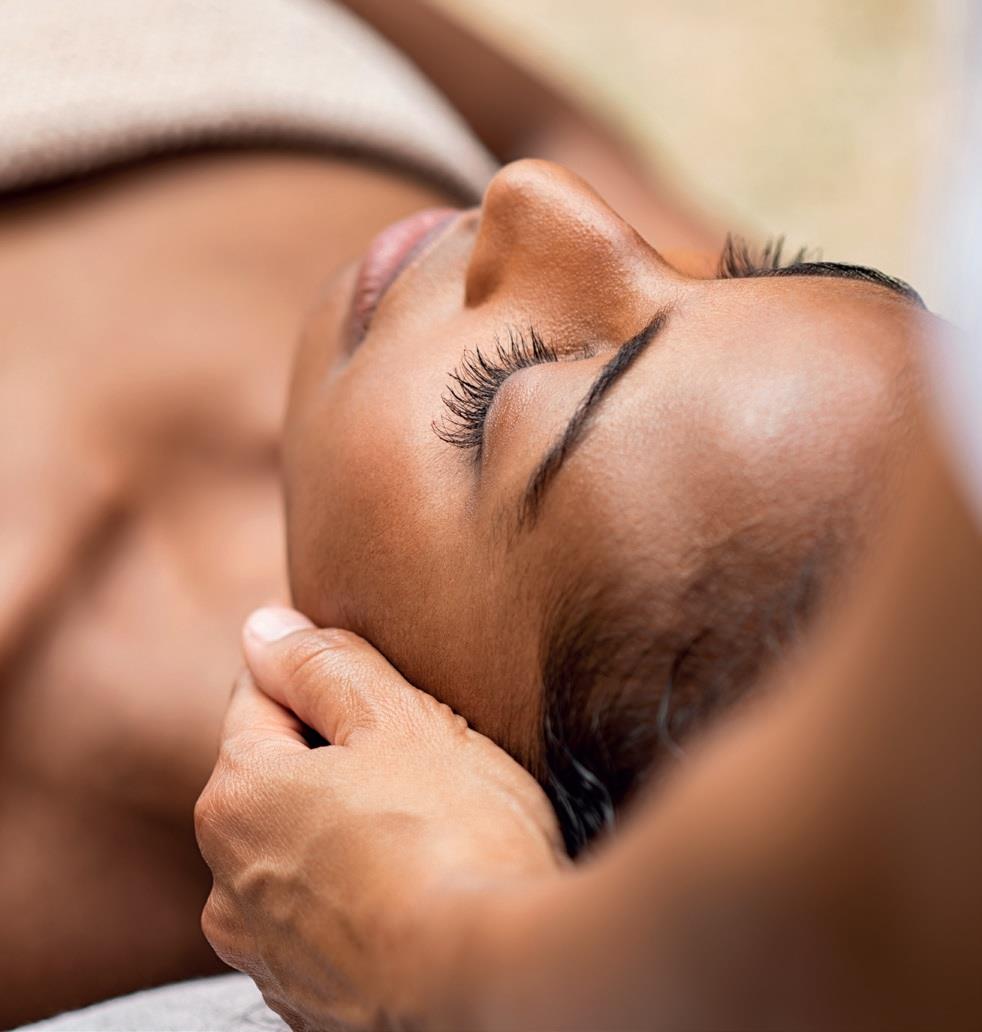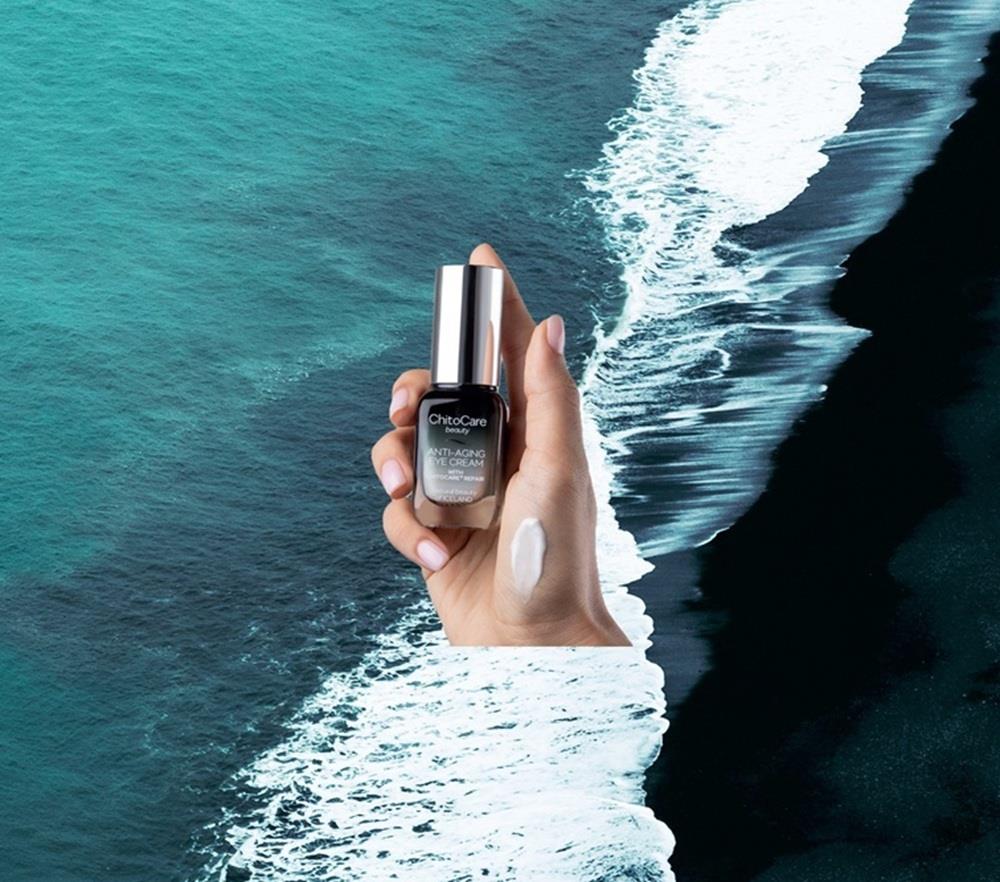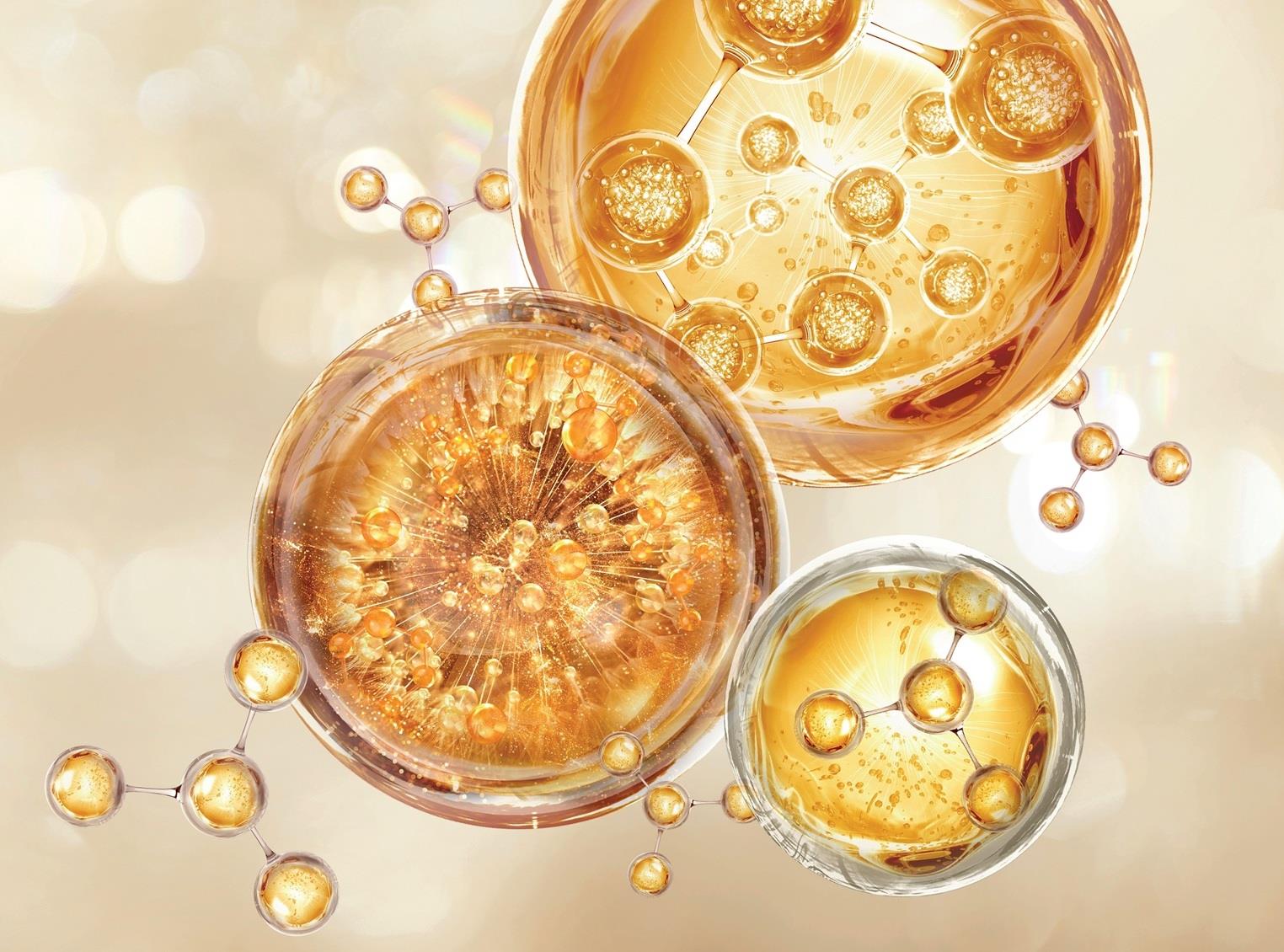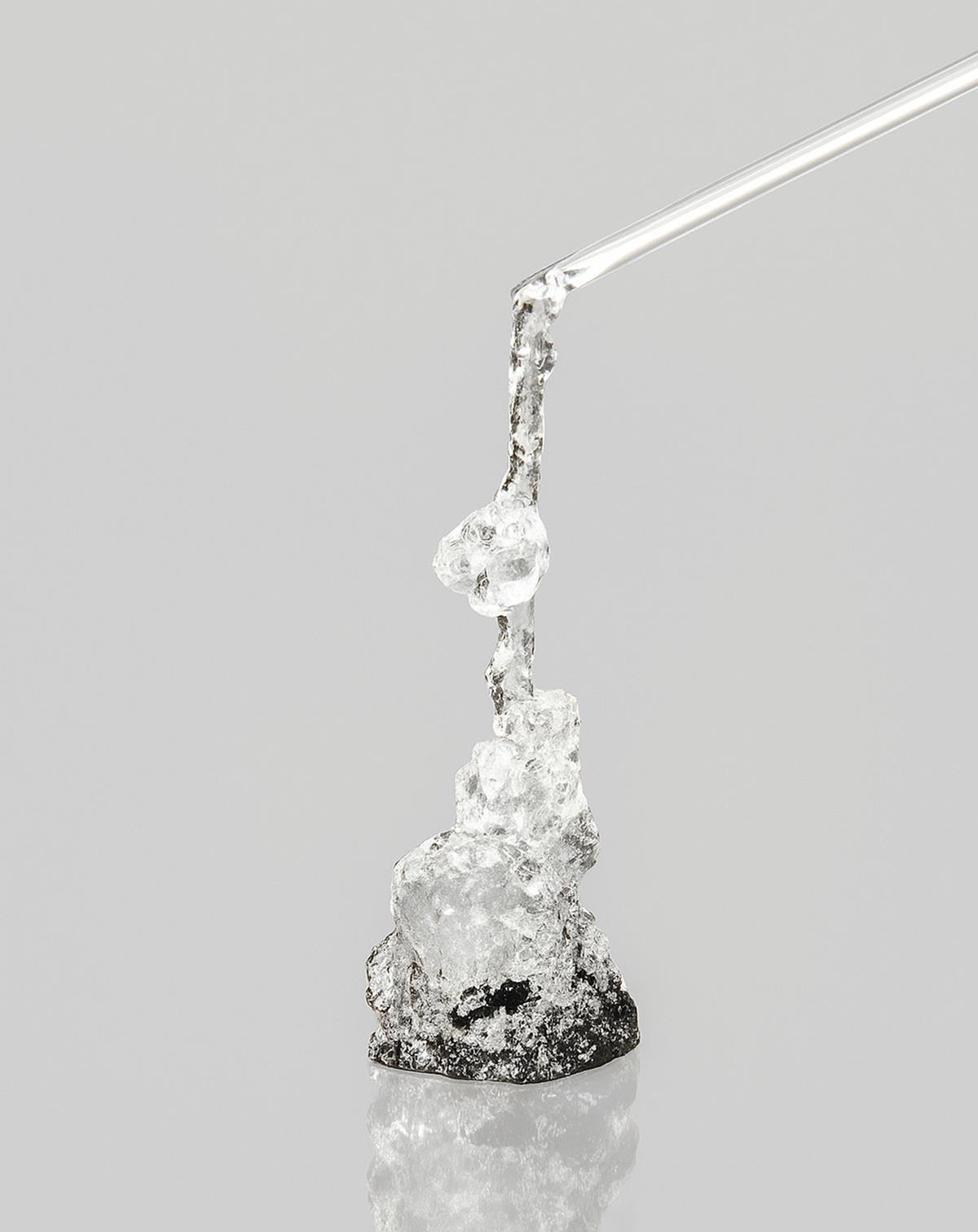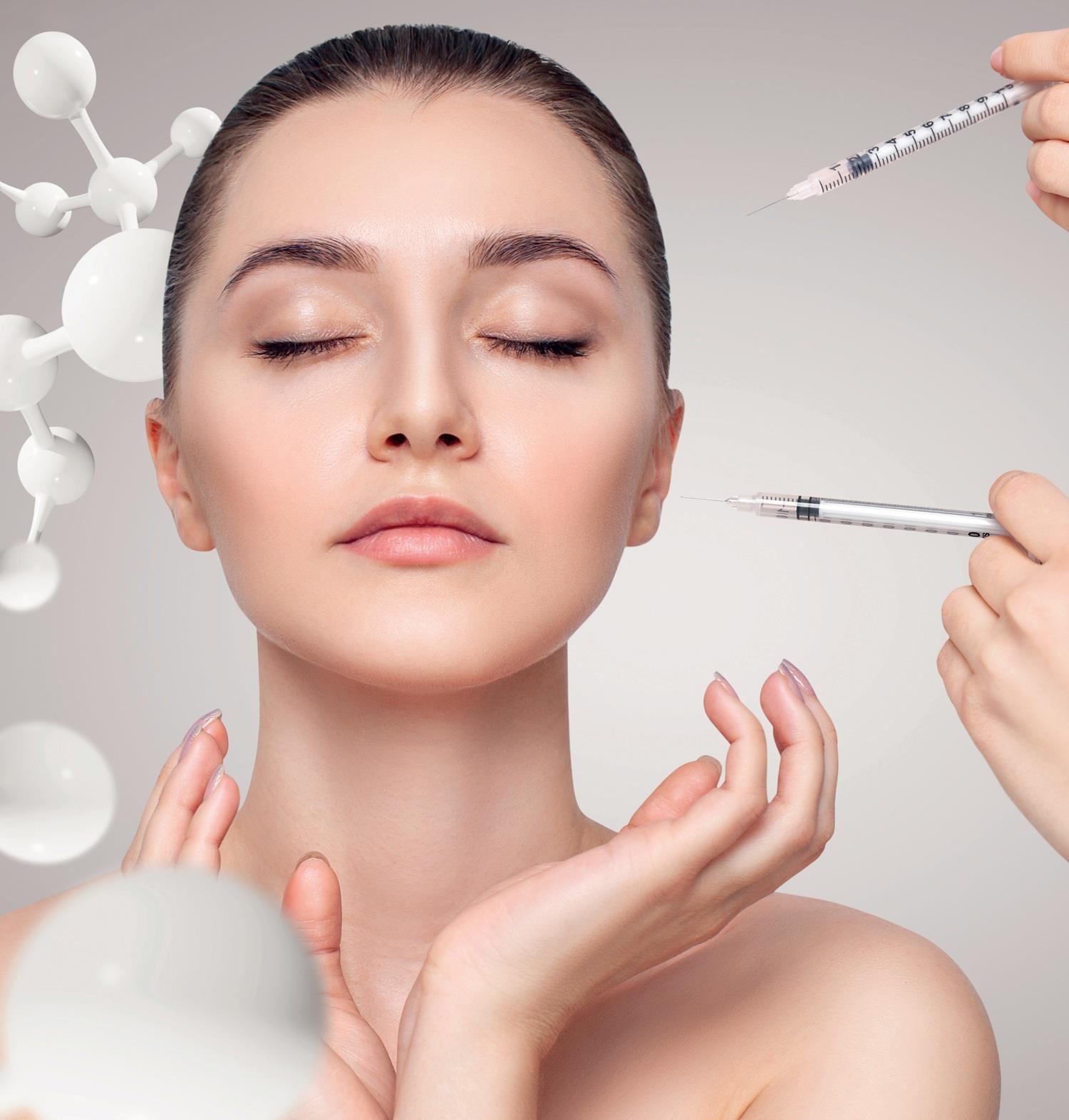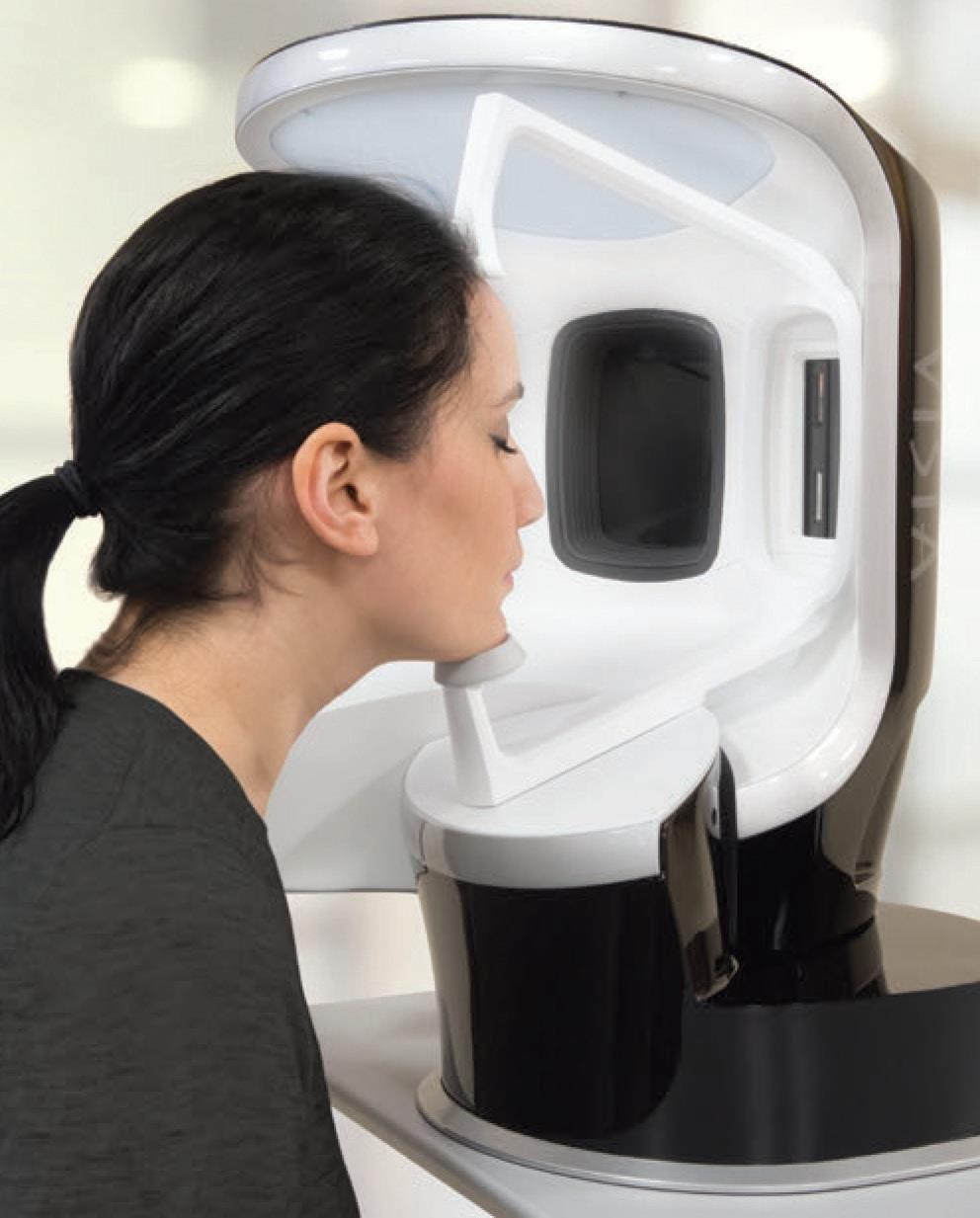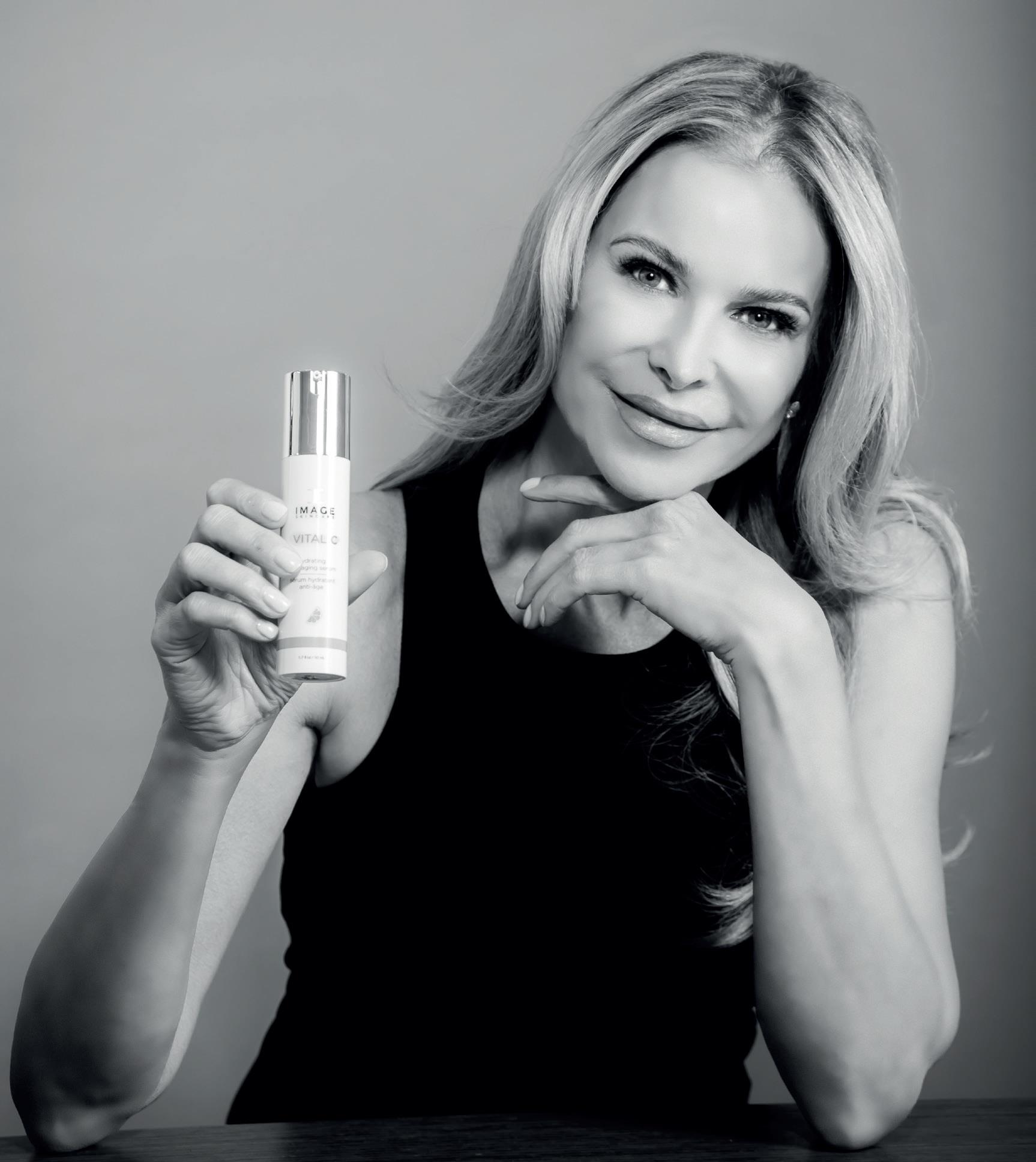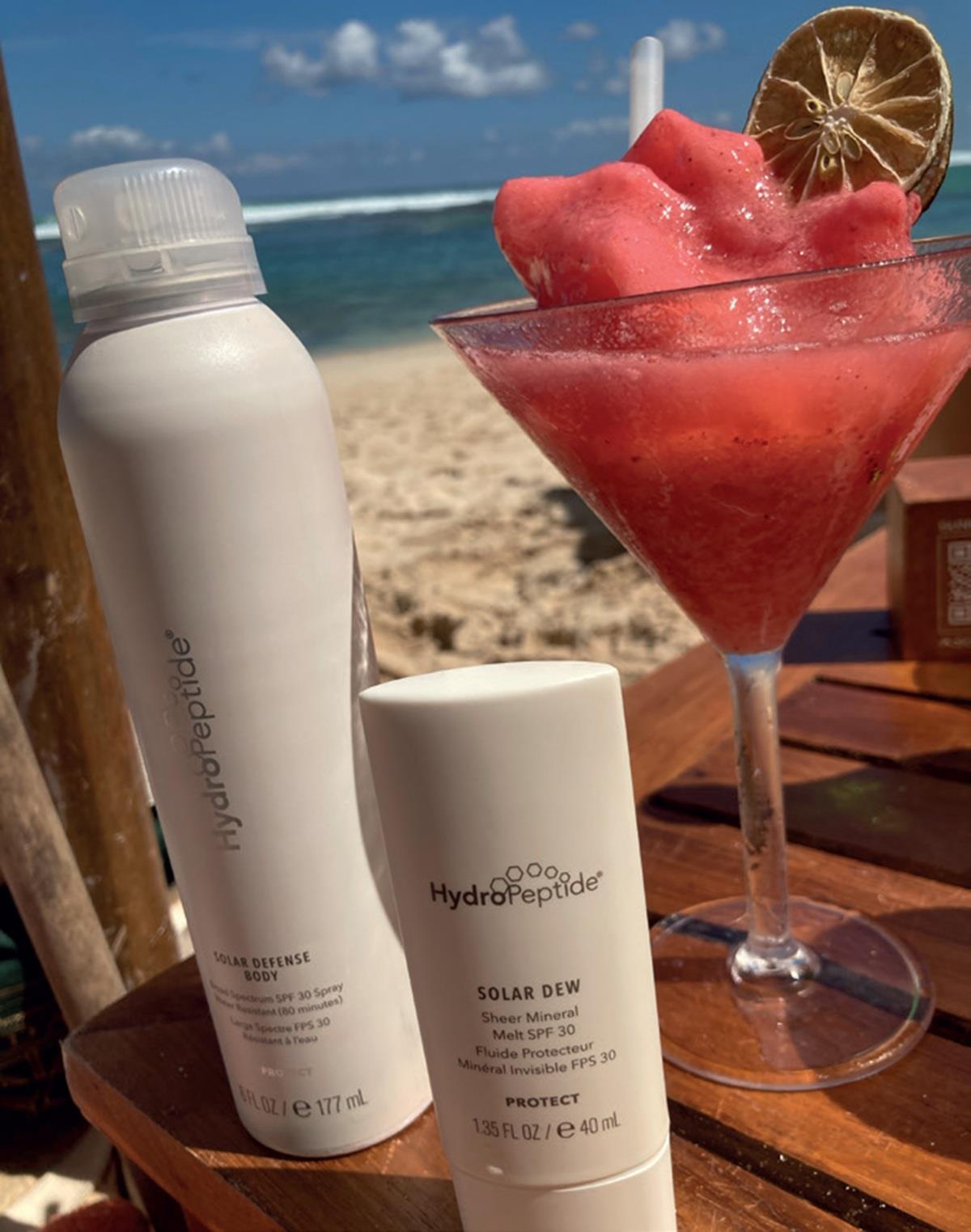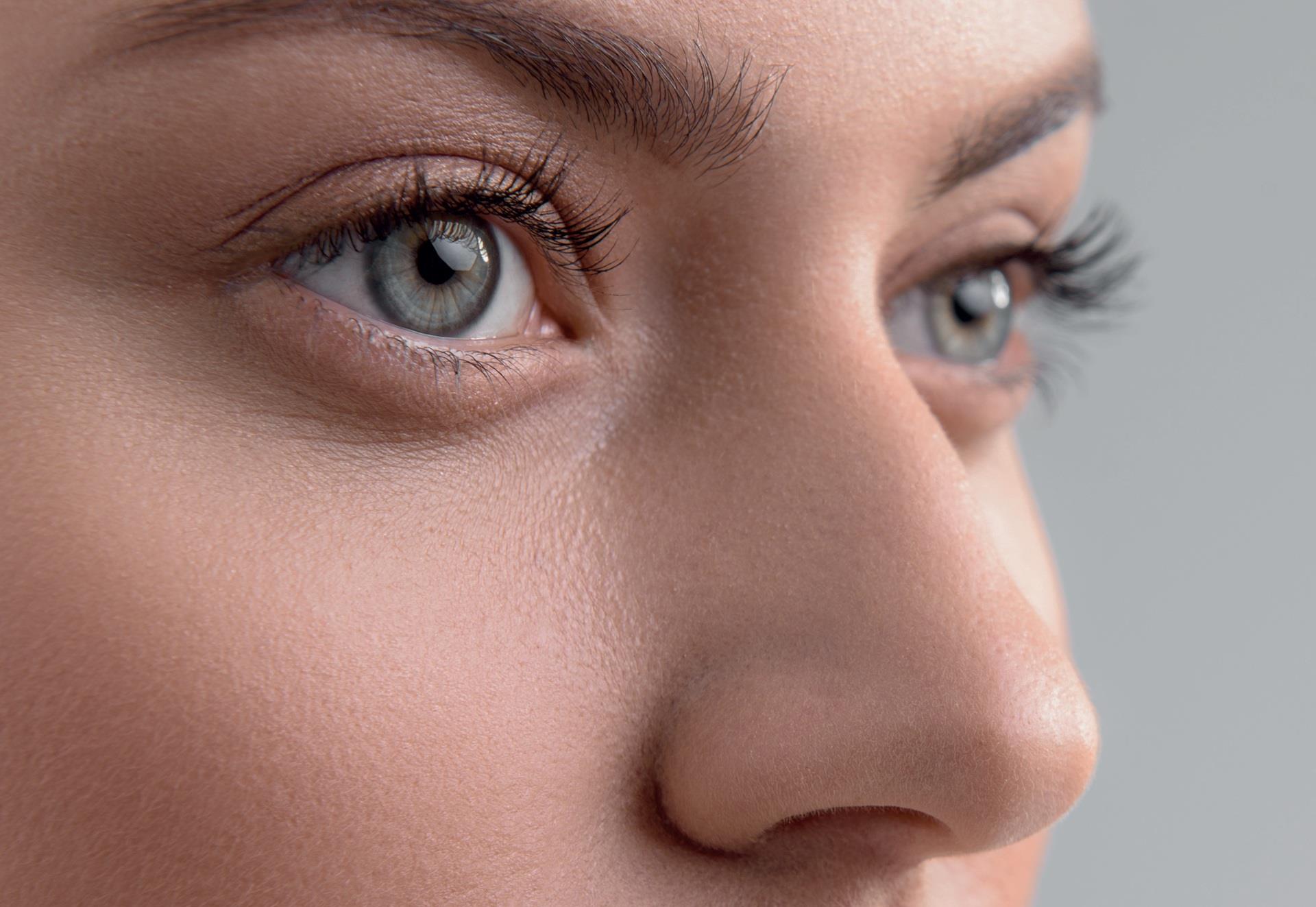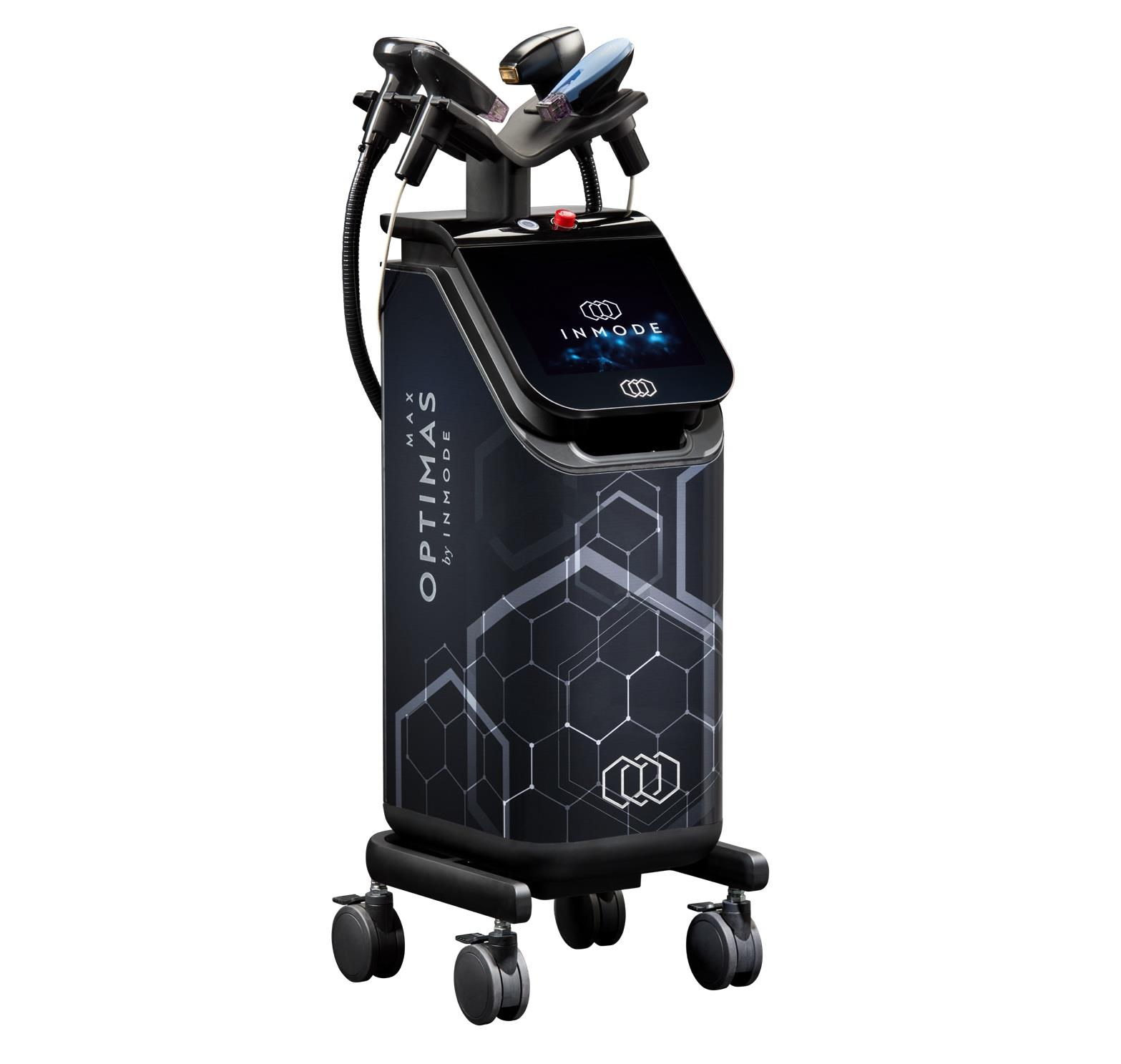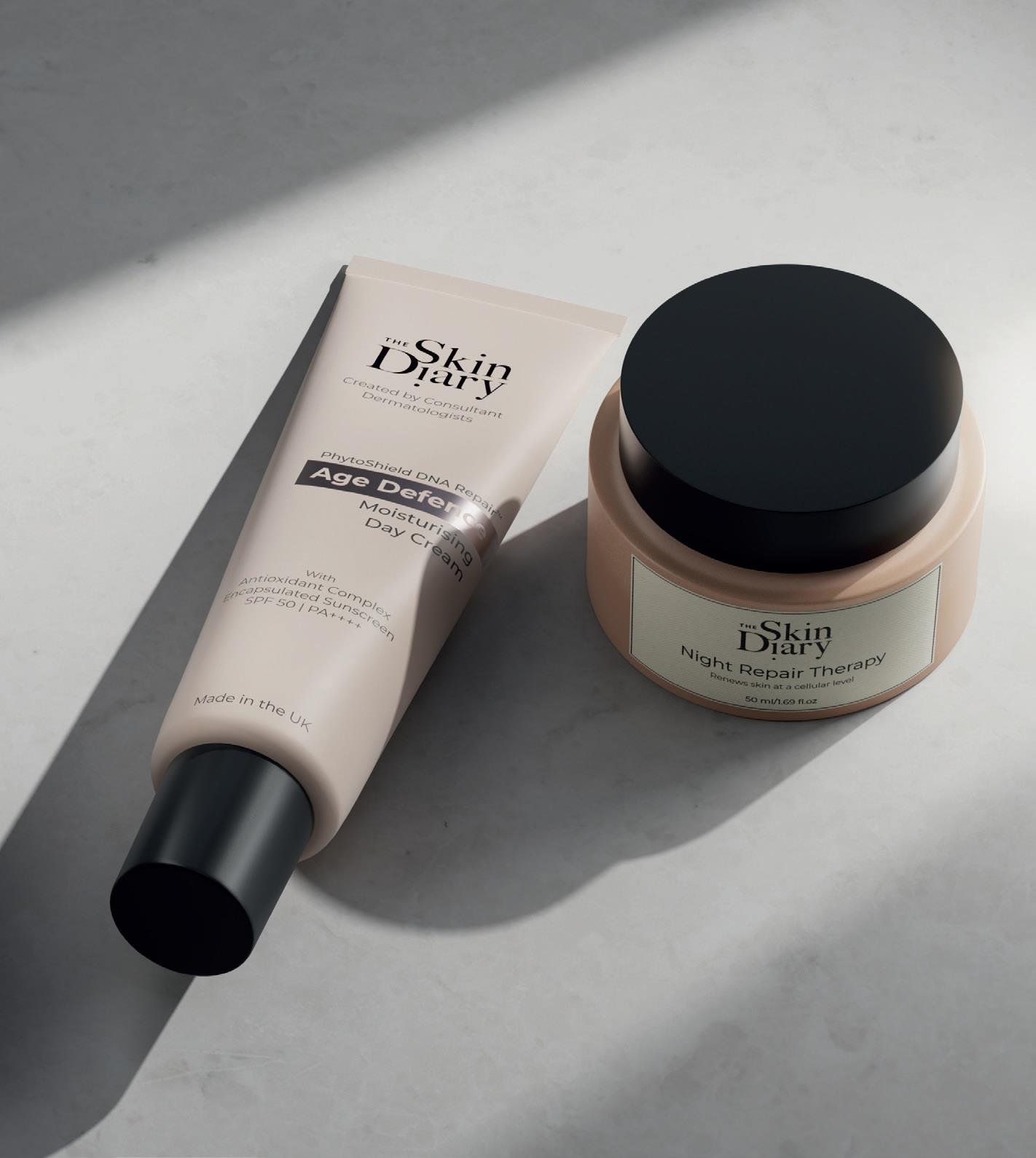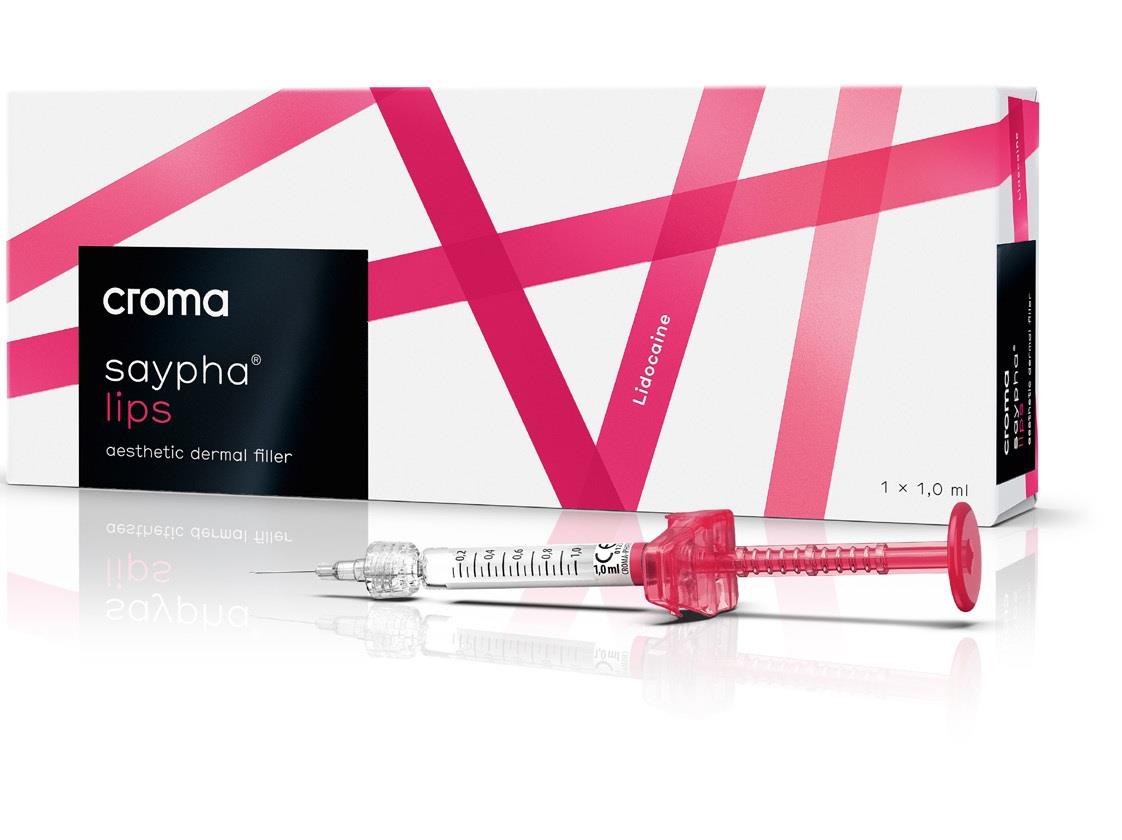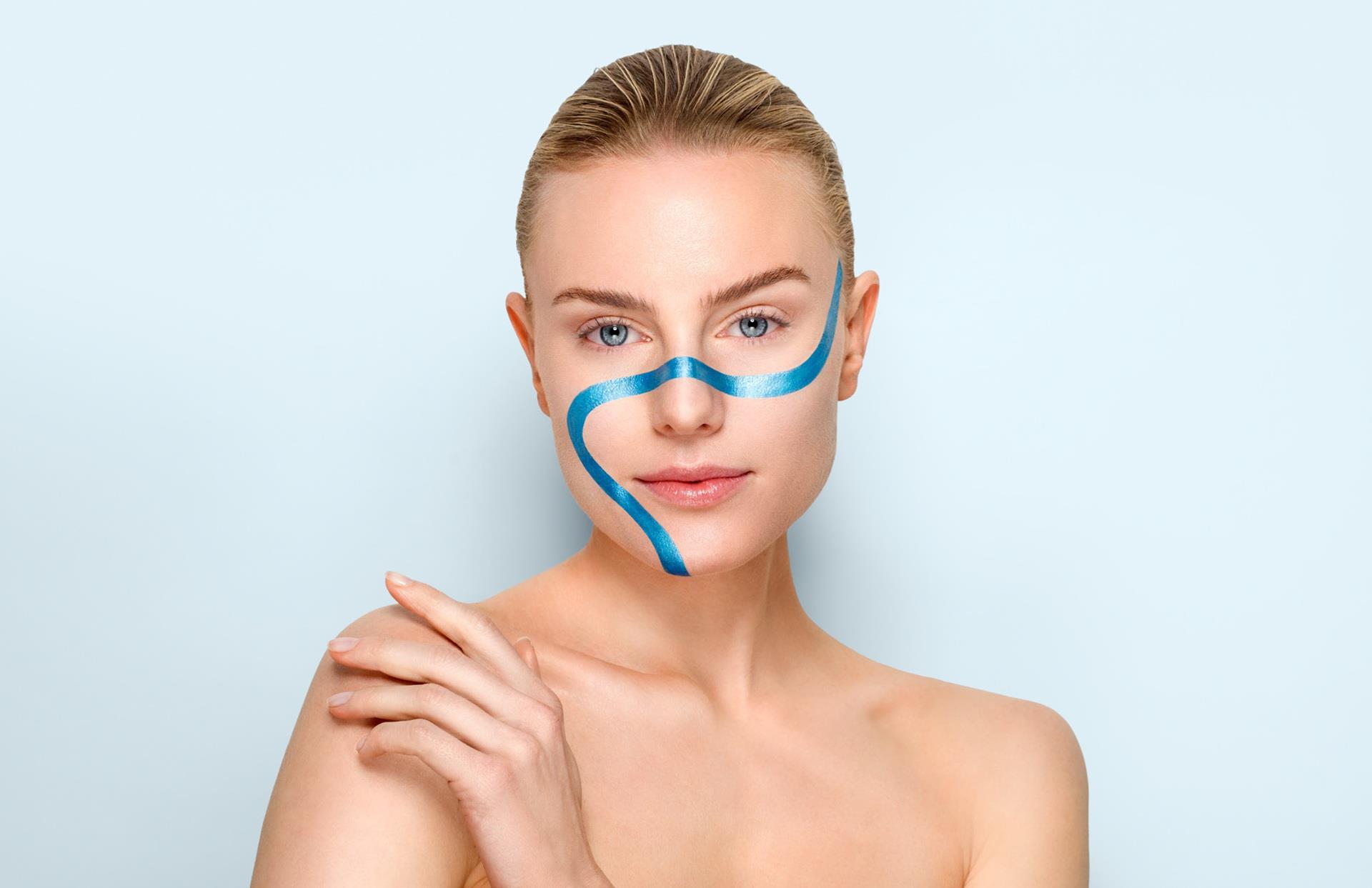
I decided that I wanted to support women going through this after I had suspicions that I was going through perimenopause myself – that’s the transition period leading up to the menopause, which presents similar symptoms and can occur for up to 10 years before periods actually cease completely.
I had no idea that many women enter perimenopause as early as their late 30s and early 40s. Whilst I later discovered that my symptoms were actually the result of anaemia, the time prompted me to do a lot of research into how perimenopause and the menopause impacts us both physically and mentally.
Whilst there is more information out there now about the broader health and wellbeing symptoms that women can expect to experience (from hot flushes to brain fog), there is very little in the way of how these huge hormonal shifts affect the skin, and what can be done to combat that.
The reality is, that both perimenopause and the menopause can wreak havoc with our skin. Our hormone levels affect most cell processes, and an imbalance can exacerbate any existing skin conditions, as well as cause new ones to pop up and vastly accelerates skin ageing.
Hormonal changes
Our progesterone and estrogen levels decrease, which causes the stem cells responsible for producing collagen, elastin and hyaluronic acid to become sleepy – some even become dormant. This means that the production of collagen, elastin and hyaluronic acid slows down, and because our body is constantly breaking these down, we are unable to produce enough to counteract the pace at which they are depleted.
This leads to volume loss, a decrease in the skin’s thickness and a loss of elasticity. Fine lines and wrinkles also occur or become more pronounced. Studies have shown that the skin loses more than 30% of collagen in the first five years of menopause; it then slows to two percent each year for the next 20 years. Skin cell turnover slows down, as does cell function, which makes the skin appear flat, dull and functionality becomes sluggish. This leads to an impaired skin barrier, which triggers inflammation and exacerbates water loss, causing dehydration.
Whilst estrogen and progesterone quickly decrease during the menopause, testosterone decreases more slowly, thus causing an imbalance between the three. This imbalance of hormones can activate the oil glands leading to breakouts and exacerbated rosacea symptoms.
Impact on skin
Difficulty sleeping at this time can also cause dark under-eye circles and sluggish skin – this is compounded by the fact that our skin repairs itself when we sleep, and less sleep means less repair. To make matters worse, a lack of sleep causes our stress hormones to increase, which has an added detrimental impact on the skin.
In addition, the skin naturally becomes dryer during perimenopause and the menopause due to the depletion of natural moisturising factors and glycosaminoglycans (GAGs). We usually recommend that our clients avoid applying moisturiser, instead focusing on a comprehensive regime that stimulates the skin to produce its own moisture. However, this is a time when moisture supplementation is necessary, alongside active stimulation.
Lastly, a thinner skin and a decrease in melanin production, means the skin is more sensitive to damage from the sun, making the skin more prone to sun spots, sunburn and prickly heat. The skin will take longer to heal from sunburn and there is a higher risk of developing skin cancers at this time. Years of sun damage and exposure can also become visible.
“When it comes to how our skin will be impacted by perimenopause or the menopause, everyone is different; some will breeze through this time and others will struggle with multiple symptoms. “ That’s why I have designed a facial that is entirely bespoke and tailored to our clients’ individual concerns.
Treatment
Our Clinical Perimenopause & Menopause facial addresses the symptoms that are already presenting on the skin, whilst also helping to minimise the impact of these hormonal changes going forward by stimulating the skin and waking up the processes that slow down or become dormant.
We carry out a thorough skin consultation where emphasis is placed on helping our clients understand their symptoms and how we will treat them. In addition to symptoms, their skin type and skin health will determine the approach that is taken when designing their treatment.
The process of every treatment is entirely individual, but steps may include a cooling, hydrating mask to calm the skin. An eye mask can also be applied to revitalise the tired eye area, which has a plumping effect, whilst also soothing the skin.
We can build up to performing a mild skin peel in order to help resurface the skin, improving both texture and tone. Red LED light to activate skin cell repair and to increase cellular function. This also stimulates collagen production and has a soothing effect on irritated skin. Added infra-red light also helps to calm inflammation.
We can also use mesotherapy, which involves needling specialist serums into the skin using 0.2-0.3mm needles. This is very comfortable and stimulates the skin, enhancing the penetration of active ingredients for stronger results.
If clients are struggling with tired-looking eyes, we also utilise pulsed electro-magnetic fields, which encourages the formation of new blood vessels, helping to remove stagnant blood build up and reducing the appearance of dark circles. Pulsed electro-magnetic fields also stimulate collagen and elastin to improve the plumpness and smoothness of the eye area, as well as helping to drain lymph fluid from the area to reduce puffiness.
Alongside a series of bespoke facials, we also provide our clients with a comprehensive skincare regime using medical-grade ZO Health skincare. The regime is entirely individual, but we place an emphasis on stimulation and correction with retinol, growth factors and antioxidants used as key ingredients.
We realise that perimenopause and the menopause can have a huge impact beyond the skin, and we support our clients through the whole process, referring to relevant experts – from medical professionals to nutritionists – where needed. It’s amazing to be able to support women through this time so that they don’t feel like they’re the only ones suffering with these issues. If we can help in any way to make women feel more comfortable and confident, then that’s our goal.
Kate Kerr is an acclaimed clinical facialist with a special interest in acne and skin ageing and runs her own clinic, Kate Kerr London, on the Southbank, London.
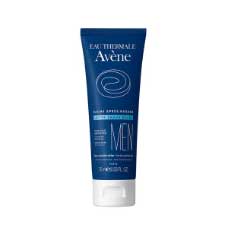
 Added to basket
Added to basket

 Unapplied Changes
Unapplied Changes


